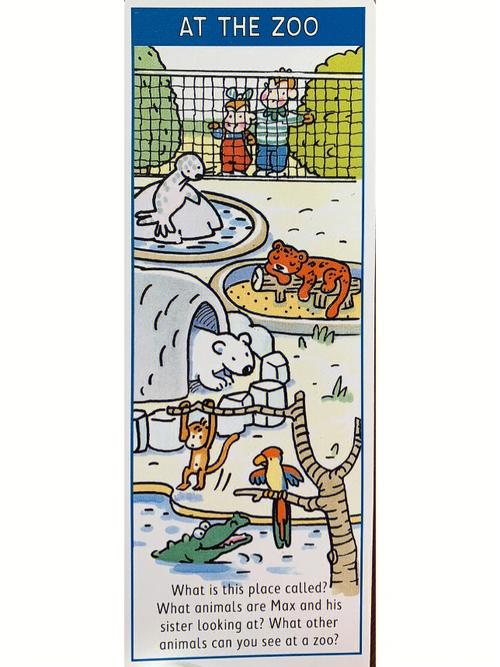Animals Hunted by Cro-Magnon
The Cro-Magnon people, who lived in Europe during the Upper Paleolithic era, were skilled hunters who relied heavily on the animals they pursued for survival. Understanding the animals they hunted provides insight into their lifestyle, diet, and the environment they inhabited. Let’s delve into the diverse range of animals that were hunted by the Cro-Magnon people.
Large Mammals
The Cro-Magnon people primarily targeted large mammals for their meat, hides, and bones. Here are some of the most significant animals they hunted:

| Animal | Estimated Weight | Notable Features |
|---|---|---|
| Lion | Up to 420 kg | Powerful predators, often hunted in groups |
| Woolly Mammoth | Up to 6 tons | Large herbivores, valuable for meat and ivory |
| European Bison | Up to 1,000 kg | Large herbivores, often hunted in herds |
| Red Deer | Up to 300 kg | Medium-sized herbivores, valuable for meat and antlers |
These large mammals provided the Cro-Magnon people with a significant portion of their diet. Hunting them required teamwork, strategy, and a deep understanding of the animals’ behavior.
Smaller Mammals and Birds
In addition to large mammals, the Cro-Magnon people also hunted smaller animals and birds for food and other resources. Some of the animals they pursued include:
- Small deer species
- Rabbits
- Foxes
- Wild boar
- Birds, such as swans, geese, and ducks
Hunting these smaller animals was often more accessible and required less coordination than hunting large mammals. The meat from these animals was a valuable source of protein and fat, especially during the colder months.
Fish and Aquatic Animals
While not as prominent as hunting land animals, fishing and hunting aquatic animals were also important for the Cro-Magnon people. They utilized various tools, such as spears, hooks, and nets, to catch fish, shellfish, and other aquatic creatures. Some of the animals they targeted include:

- Various fish species, such as pike, perch, and eel
- Shellfish, such as mussels and oysters
- Seals and sea lions
Fishing and hunting aquatic animals provided a valuable supplement to their diet, especially in areas with abundant water resources.
Animal Utilization
The Cro-Magnon people did not just hunt animals for food; they also utilized various parts of the animals for other purposes. Here are some examples:
- Meat: The primary source of protein and fat in their diet.
- Hides: Used for clothing, shelter, and other items.
- Bones: Used for tools, weapons, and ornaments.
- Antlers: Valuable for tools and ornaments.
- Ivory: Highly prized for ornaments and tools.
This multifaceted approach to utilizing animals demonstrates the adaptability and resourcefulness of the Cro-Magnon people.
Conclusion
The animals hunted by the Cro-Magnon people were integral to their survival and lifestyle. By understanding the diverse range of animals they pursued, we can gain insight into their diet, culture, and environment. The Cro-Magnon people’s mastery of hunting techniques and their ability to utilize various parts of the animals they hunted highlight their adaptability and resourcefulness as early human inhabitants of Europe.
